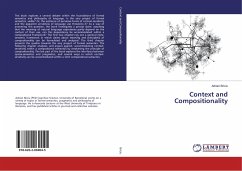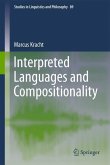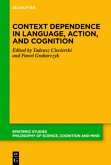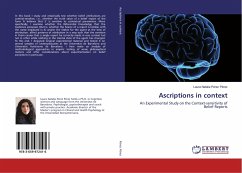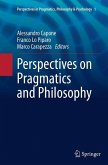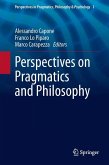This book explores a central debate within the foundations of formal semantics and philosophy of language. Is the very project of formal semantics, viable? Or, the existence of pervasive forms of context-sensitivity and the apparent unruliness of language use threatens it? As a way of answering this question, the book investigates a precise claim: assuming that the meaning of natural language expressions partly depend on the context of their use, can this dependency be accommodated within a compositional framework? The first two chapters lay out a general meta-semantic framework in which claims about meaning and principle(s) of compositionality can be formulated and analyzed. The third chapter presents the qualms towards the very project of formal semantics. The following chapter analyzes, and argues against, accommodating context-sensitivity within a compositional semantics by weakening the principle of compositionality. The last part of the book explores the interfaces between syntax-semantics and pragmatics, and several ways in which context-sensitivity can be accommodated within a strict compositional semantics.
Hinweis: Dieser Artikel kann nur an eine deutsche Lieferadresse ausgeliefert werden.
Hinweis: Dieser Artikel kann nur an eine deutsche Lieferadresse ausgeliefert werden.

